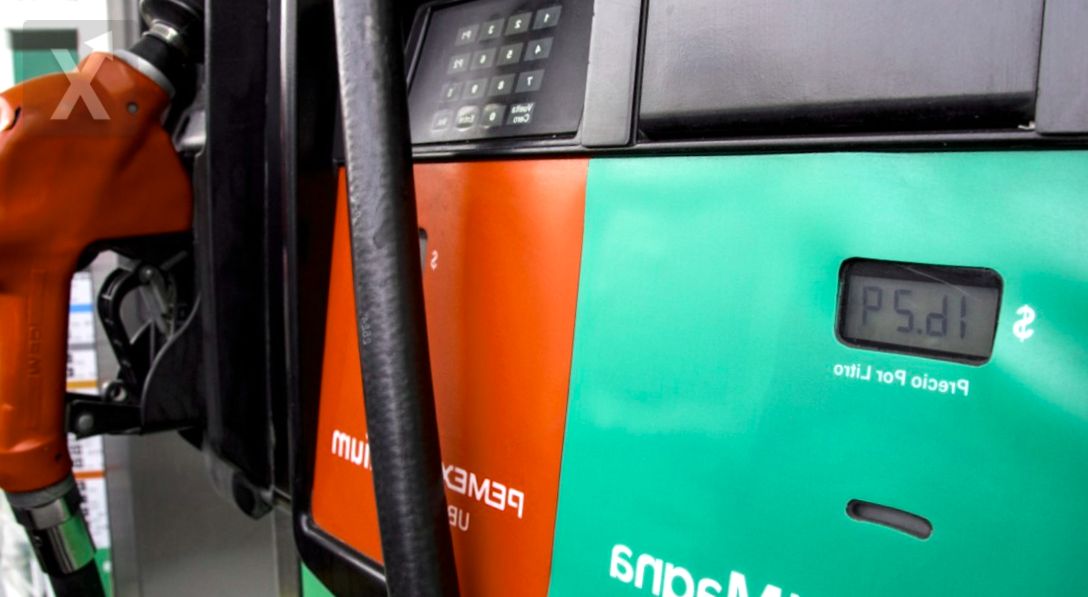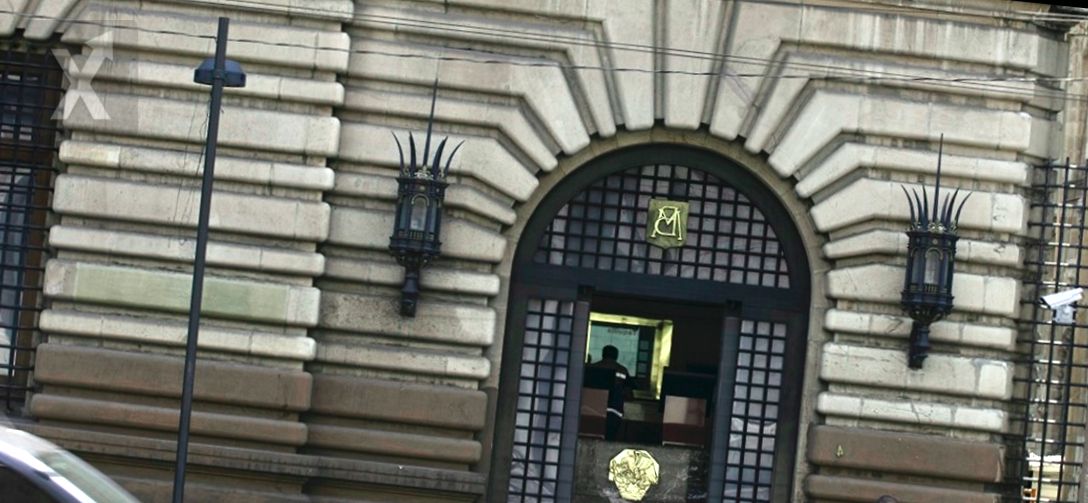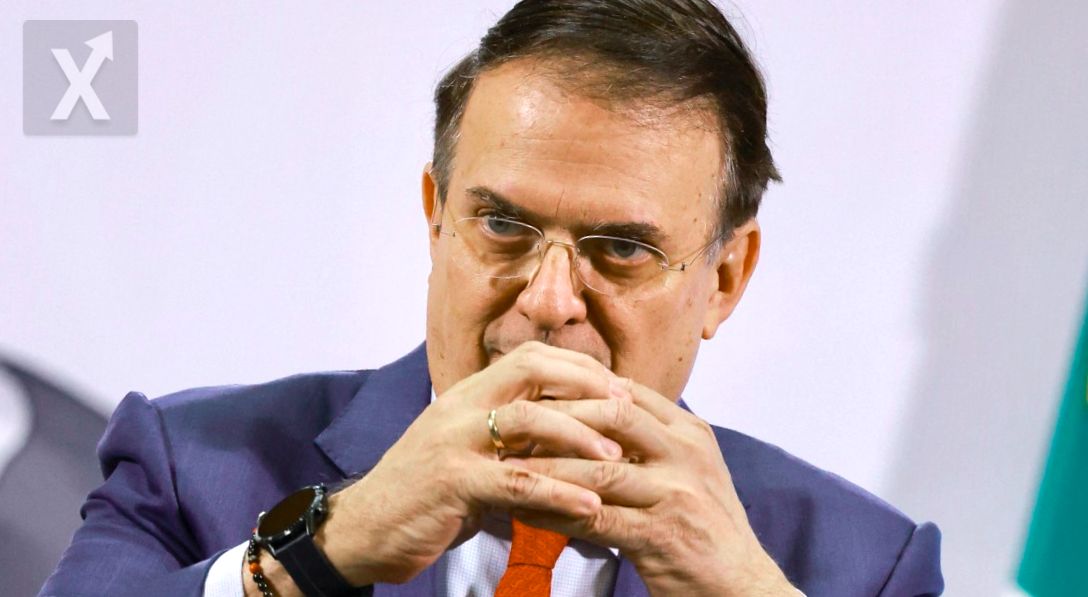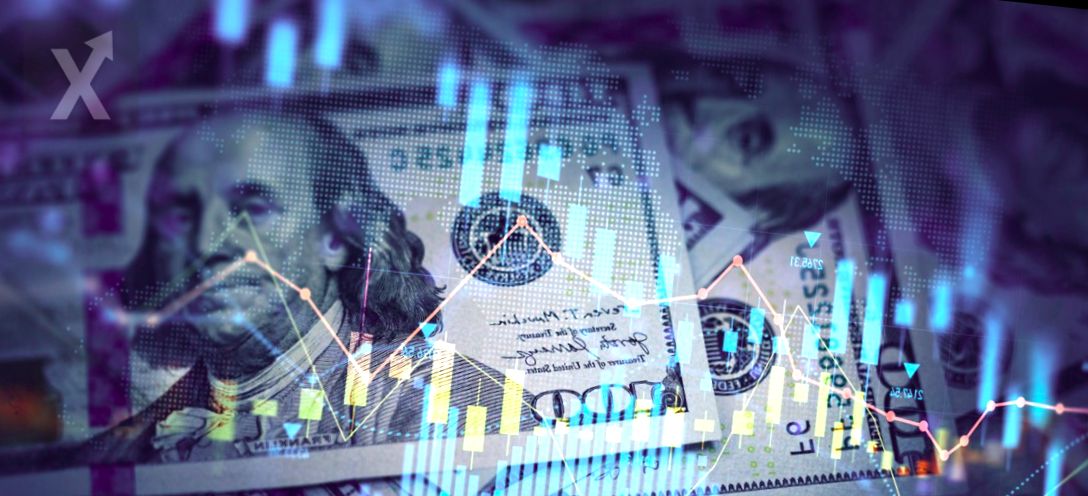Impact of Cartel Designation on the Mexican Financial Sector
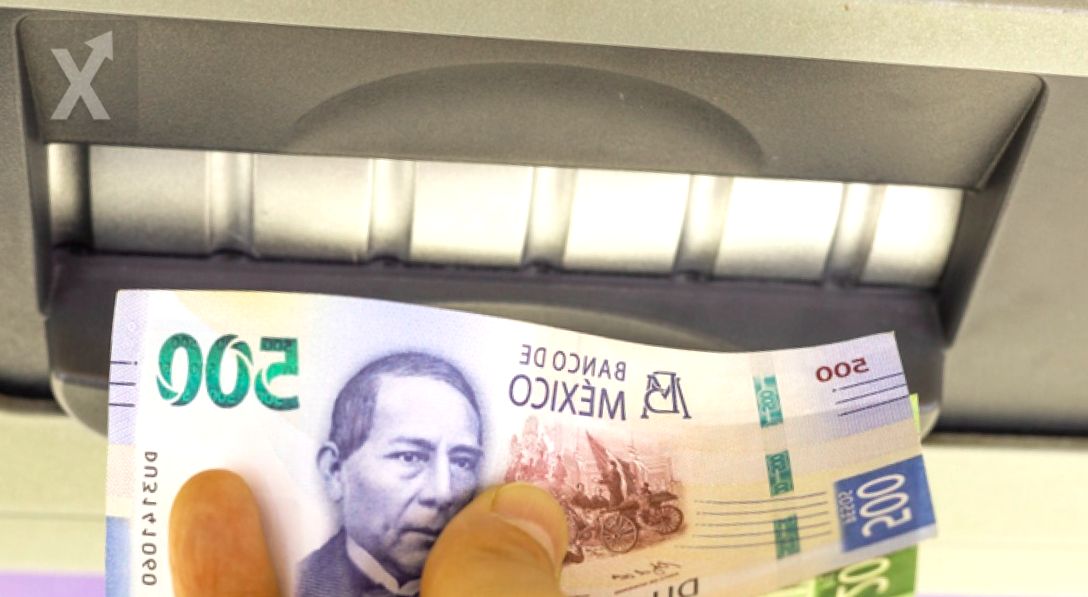
The government of Donald Trump has classified six drug cartels in Mexico as terrorist groups. While this means that activities in the financial sector and real estate market will be under scrutiny, Mexican authorities have chosen not to modify existing regulations. Carlos Valderrama, co-founder of Legal Paradox, explained that "the most common way cartels launder money is through financial instruments and real estate."
Valderrama also stated that, although Mexico already has a solid legal framework to prevent money laundering (AML) and the financing of terrorism, traditional banks, fintechs, and other financial institutions will have to strengthen their controls. "This announcement will force Mexican entities, especially financial ones and those engaging in vulnerable activities, to improve their processes and manuals for money laundering prevention, as this designation adds a new layer of scrutiny to activities in the country,” he added. One case that could exemplify what follows after this classification is that if the Mexican branch of a U.S. company pays a ransom to organized crime, it could be accused of "financing" terrorism, as indicated by Steven Dudley, co-founder of the research center Insight Crime, in an interview with AFP. Additionally, a report from DLA Piper warns that the U.S. government's decision will lead financial institutions to comply with regulations, potentially blocking or freezing any funds linked to these cartels.
No Regulatory Changes ExpectedHowever, the designation of the cartels as terrorist groups does not seem to alarm financial authorities in Mexico. Victoria Rodríguez, director of the Bank of Mexico (Banxico), stated that there is no intention to make changes to regulations, given that the financial system is strong. "The country has a solid regulatory framework concerning money laundering and combating the financing of terrorism," Rodríguez noted during the presentation of Banxico’s quarterly report. She also assured that Mexico, as a member of the Financial Action Task Force (FATF), adheres to international regulations to prevent these crimes. "There are already mechanisms in place to track individuals or companies with illicit activities, which will help address this new scenario," she affirmed. From Banxico’s perspective, there is no need to modify the circulars regulating payment systems. The Mexican Association of Insurance Institutions (AMIS) commented that the designation of these cartels as terrorist groups must be made officially by authorities such as the National Commission of Insurance and Bonds (CNSF) and the Ministry of Finance, so that they can make adjustments to policies. Both the Ministry of Finance and Public Credit (SHCP), the National Banking and Securities Commission (CNBV), and the Association of Banks of Mexico (ABM) were contacted by Expansión but declined to comment. After the U.S. designation of the cartels, Morena legislators have pointed out that this decision will impact Mexico. Gerardo Fernández Noroña, president of the Senate, opined that this action is a pretext for Trump to interfere in the country. Ricardo Monreal, coordinator of Morena’s deputies, warned that both the country and “honest, good-faith” companies trading with Mexico will be affected by this U.S. decision. He indicated that although Trump’s executive order may not seem to lead to extraterritorial actions against those groups, it will have an economic, financial, and banking impact that will harm many legitimate businesses that sell lawful products in Mexico.
Final Comment: The relationship between the designation of these cartels as terrorist groups and the Mexican financial system highlights the importance of having solid prevention and surveillance policies. While existing financial regulation may be considered robust, adapting to new contexts is crucial to safeguard the country’s economic development and protect businesses operating ethically. It is essential that both authorities and financial institutions work together to ensure a safe and reliable business environment.